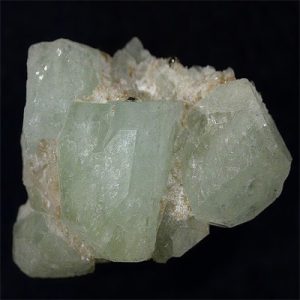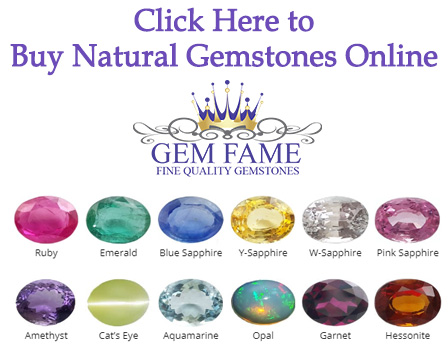Datolite
Datolite is a collector that is unusual gem not often observed in the treasury market. Faceted gems are very brilliant despite the fact that their dispersion (fire) is low. It is found in basalt vesicles along with Calcite and Zeolites and is often confused with certain Zeolites because of its lustre, color and associations.
Although sources are worldwide, many Datolite gems come from US material. US sources are Hampden County, Massachusettes; Hartford County, Connecticut; Essex County and Passaic County, New Jersey; Loudoun County, Virginia. Worldwide sources are Arendal, Norway (the locality that is typed; Harz Mountains, Germany; Italy; Habachtal, Austria; Iwato Copper Mine, Japan; Charcas, San Luis Potosi, Mexico and exceptional, pale yellow crystals from Dal’negorsk, Primorskiy Kray, Russia.
Datolite can be found in the Lake Superior region of Michigan. It’s linked with indigenous copper as of this location and is found in porcelain-like masses and nodules. The nodules are brown to off-white in colour and some are cut and polished as a stone that is ornamental.
| Category: | Nesosilicate |
| Chemical formula: | CaBSiO4(OH) |
| Crystallography: | Monoclinic – Prismatic |
| Crystal Habit: | Crystals typically short prismatic to wedge shaoed tabular, to 12 cm with complex faceted terminations. Also in porcelain-like masses or nodules; botryoidal or globular, having columnar structure; granular to compact; cryptocrystalline. |
| Twinning: | None |
| Cleavage: | None |
| Fracture: | Conchoidal to Irregular/Uneven |
| Tenacity: | Brittle |
| Hardness (Mohs): | 5.0 – 5.5 |
| Density: | 2.96 – 3.00 (g/cm3) |
| Luminescence: | None |
| Radioactivity: | Not Radioactive |
| Color: | Colorless, White, Brown, Yellow, Light Green |
| Transparency: | Transparent to Translucent, nearly Opaque |
| Luster: | Vitreous, Resinous |
| Refractive Index: | 1.626 – 1.670 Biaxial ( – ) |
| Birefringence: | 0.0440 |
| Ultraviolet fluorescence: | Fluoresces blue under SW UV |
| Dispersion: | Very Weak to None; r > v |
| Pleochroism: | X = Colorless, Y = Colorless, Z = Colorless |


